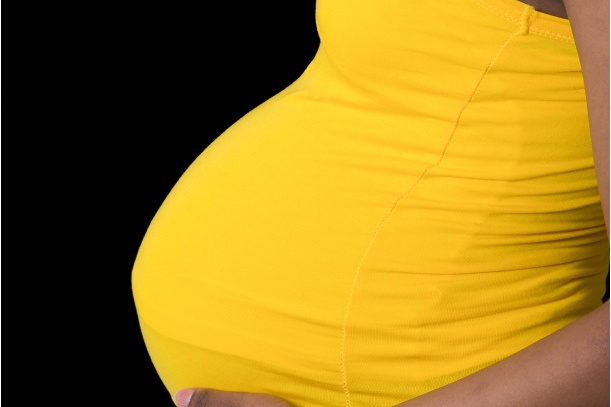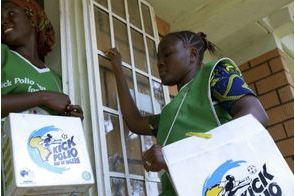Pregnant schoolgirls banned from exams in Sierra Leone

Summary
Amnesty International has called on the government to stop such humiliating and degrading treatment of girls
A new report by Amnesty International, “Shamed and blamed: Pregnant girls’ rights at risk in Sierra Leone,” reveals how an estimated 10,000 schoolgirls are being stigmatized and banned from sitting for upcoming exams because of pregnancy.
There are two crucial exams scheduled to commence from November 23 that all visibly pregnant girls are currently unable to take. There is the Basic Education Certificate Examination (BECE), which is the exam students must pass to get admission into senior secondary school. There is also the West African Senior School Certificate Examination (WASSCE), required for admission into university or college.
The Human Rights Commission of Sierra Leone has described the ban as discriminatory, stigmatizing and likely to worsen the marginalization of pregnant girls and women.
Sierra Leone, Liberia and Guinea were struck by the Ebola outbreak in 2014, which killed more than 11,300 people in the three West African countries. While Liberia has been declared Ebola free by the World Health Organization, Sierra Leone is expected to be free from the disease on November 7, with just a few cases remaining in Guinea. The Ministry of Education, Science and Technology acknowledged there was an increase in adolescent pregnancies during the Ebola outbreak.
Following the report today, which was released today, Sabrina Mahtani, Amnesty International’s West Africa Researcher, said, “Excluding pregnant girls from mainstream schools and banning them from sitting crucial exams is discriminatory and will have devastating consequences. Education is a right and not something for governments to arbitrarily take away as a punishment.”
"As Sierra Leone moves forward from the devastating Ebola crisis, it is vital that these girls, are not left behind," Mahtani said.
Amnesty International reports that many of these pregnancies resulted from rights violations including failure to protect girls from sexual violence. Quarantines and an already overstretched healthcare system, meant that girls were not able to access sexual and reproductive health support or advice to protect themselves from early and unwanted pregnancies.
On April 2, the Sierra Leonean Minister of Education, Science and Technology issued a statement banning pregnant girls from school settings. The Minister said the decision was to protect innocent girls from negative influences.
According to Amnesty International, the affected girls have been subjected to degrading physical searches and tests. Some have had their breasts and stomachs felt by teachers. Others have been compelled by their schools to take pregnancy tests.
Girls interviewed by the human rights organization said they felt scared at the possibility of being accused of being pregnant, while others described the feeling of humiliation at being physically checked.
“They touched our breasts and stomachs to see if we were pregnant. Some girls were made to take urine tests. One of the teachers was wearing gloves when she was checking us. I felt really embarrassed when this happened to me. Many girls left as they were scared the teachers would find out they are pregnant. About 12 pregnant girls did not sit their exams,” one of the girls told Amnesty International.
Amnesty International has called on the government to issue urgent directives for such humiliating and degrading treatment of girls to stop.
Donor countries, particularly Ireland and the UK, introduced temporary alternative classes for pregnant schoolgirls in October. The donors said they would fund the alternative classes until July 2016.
The Sierra Leonean government says more than 3,000 pregnant schoolgirls have registered into the scheme. However, reports indicate the girls are still banned from writing exams.
Related
-
Access Bank distributes mosquito nets to pregnant women
The campaign to reduce malaria burden among pregnant women reached 200,000 people online.
-
Access Bank galvanizes efforts to combat HIV/AIDS epidemic in Nigeria
There is still so much to do to fast-track our response as leaders in various business sectors in the fight against ...
-
WHO declares Africa free of wild poliovirus
It is the second time a virus has been stamped out in Africa, after the eradication of smallpox four decades ago.







